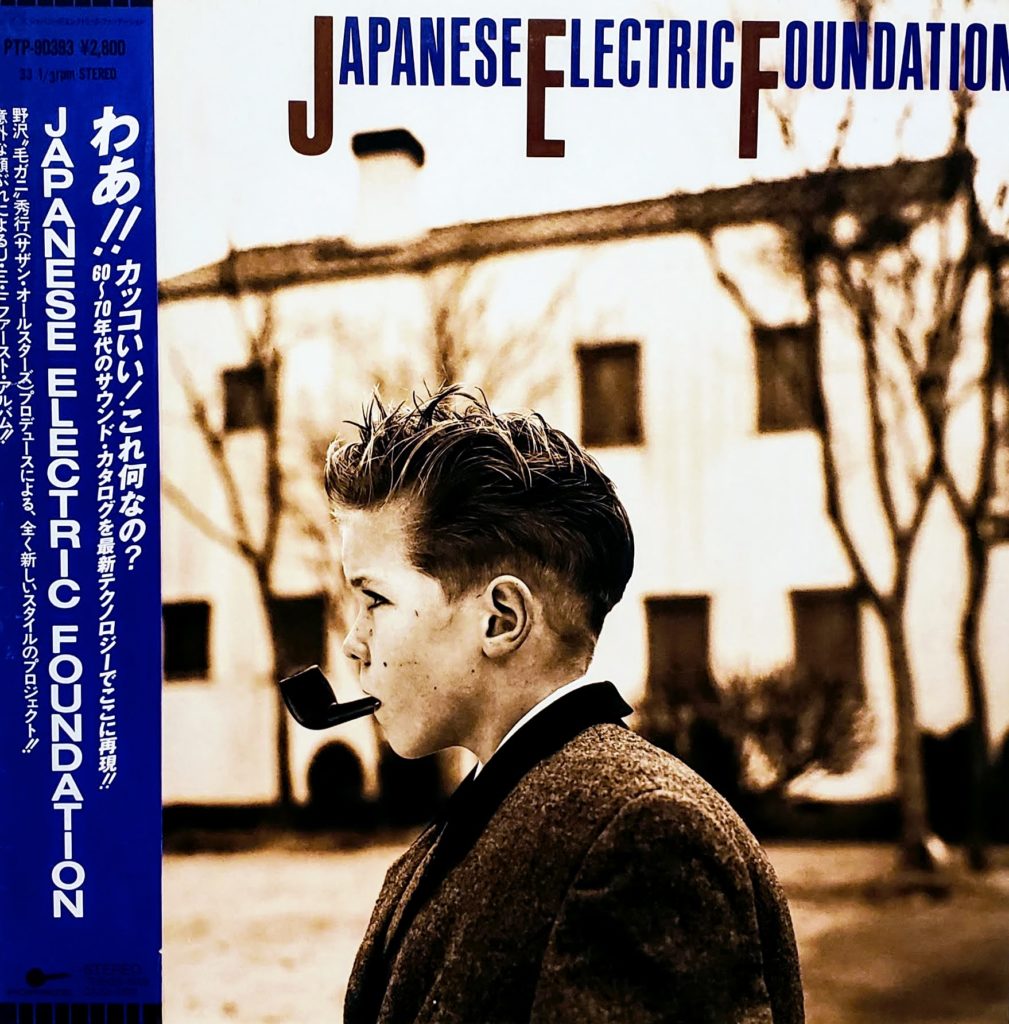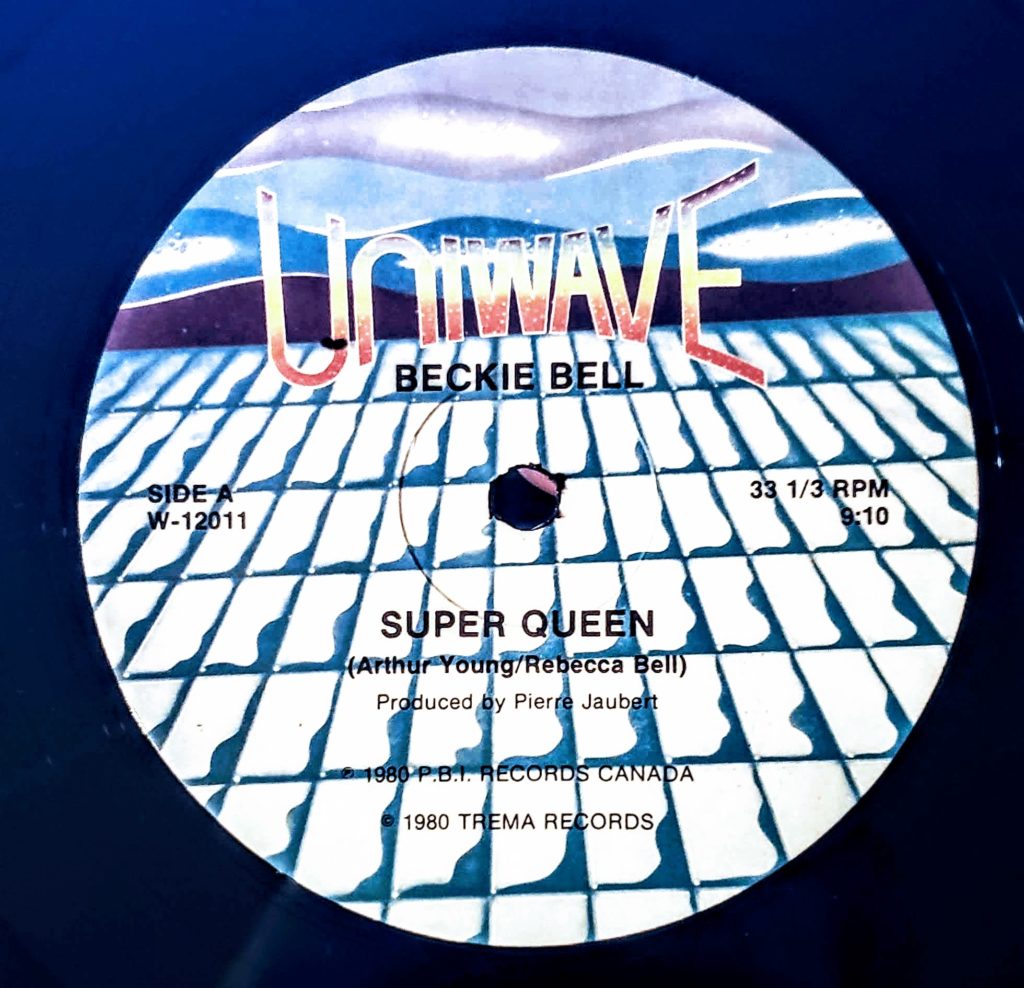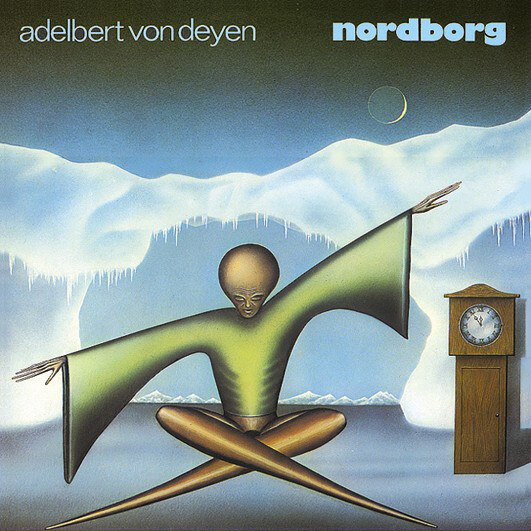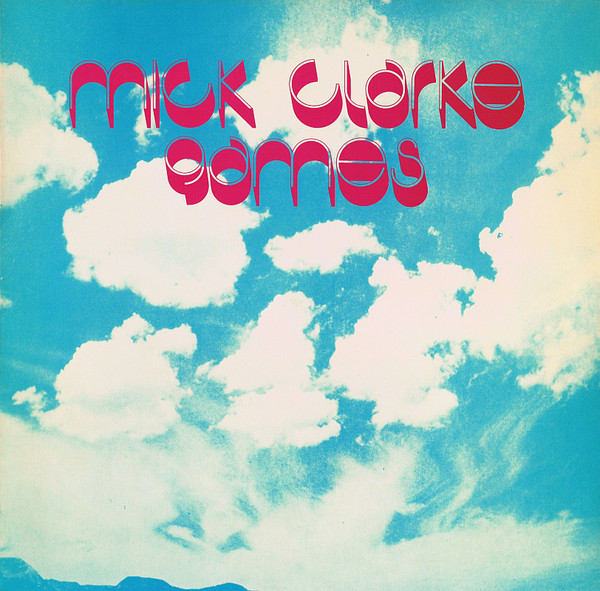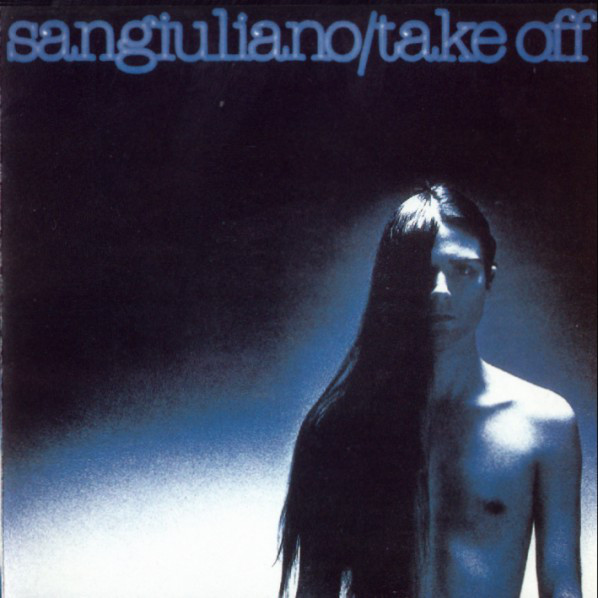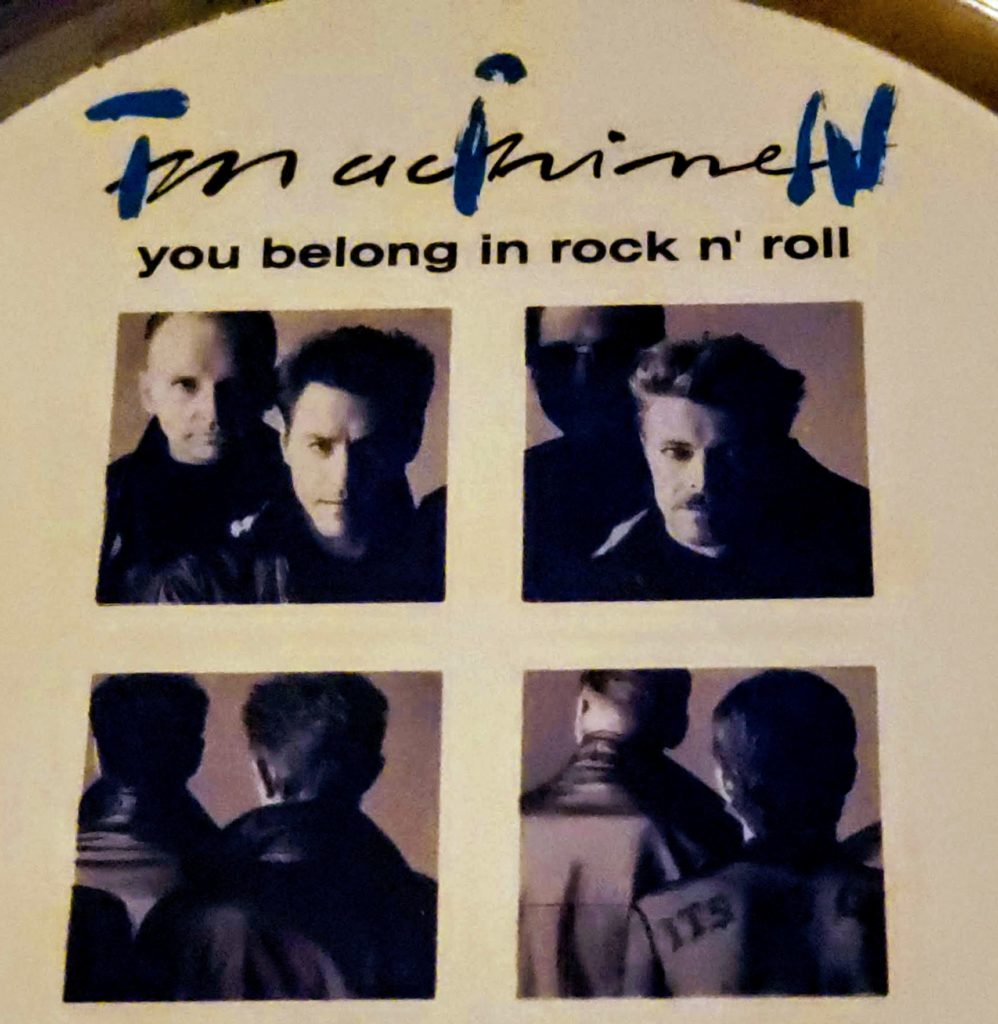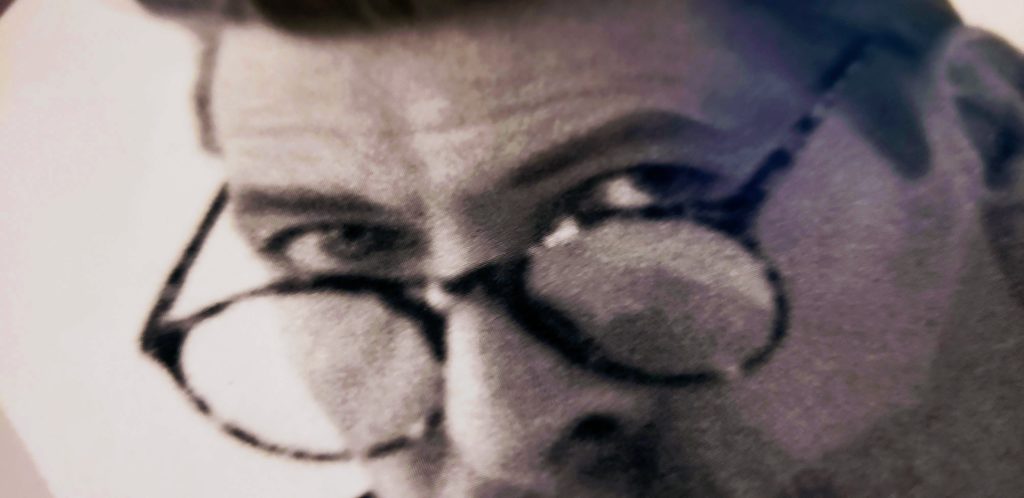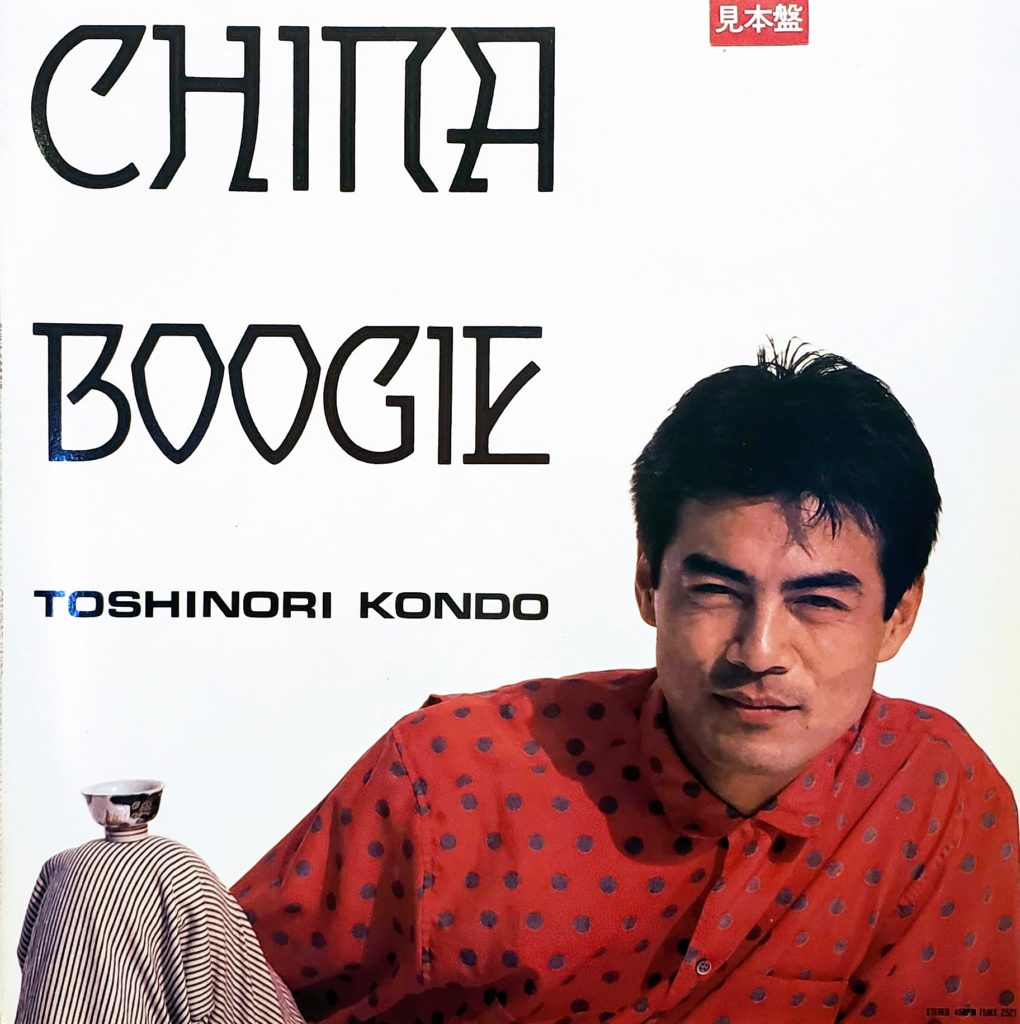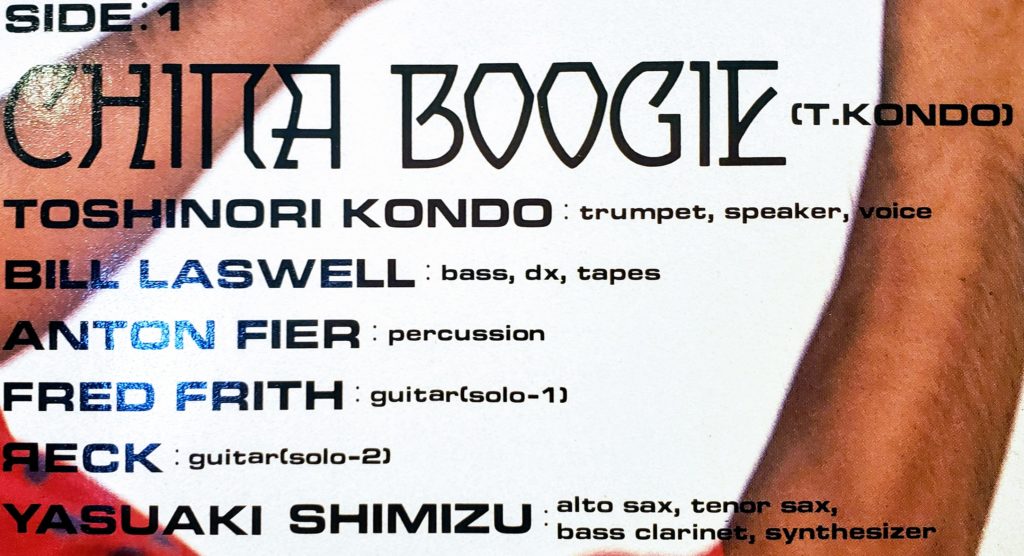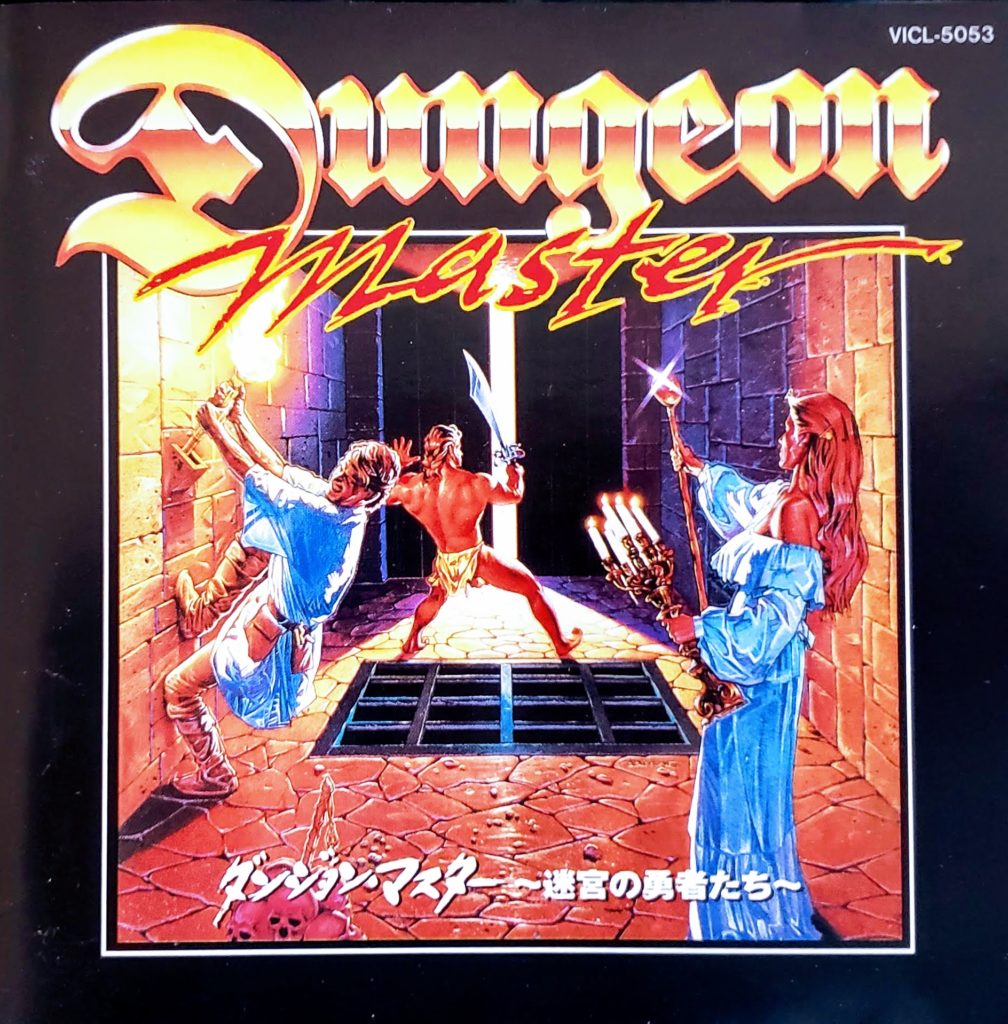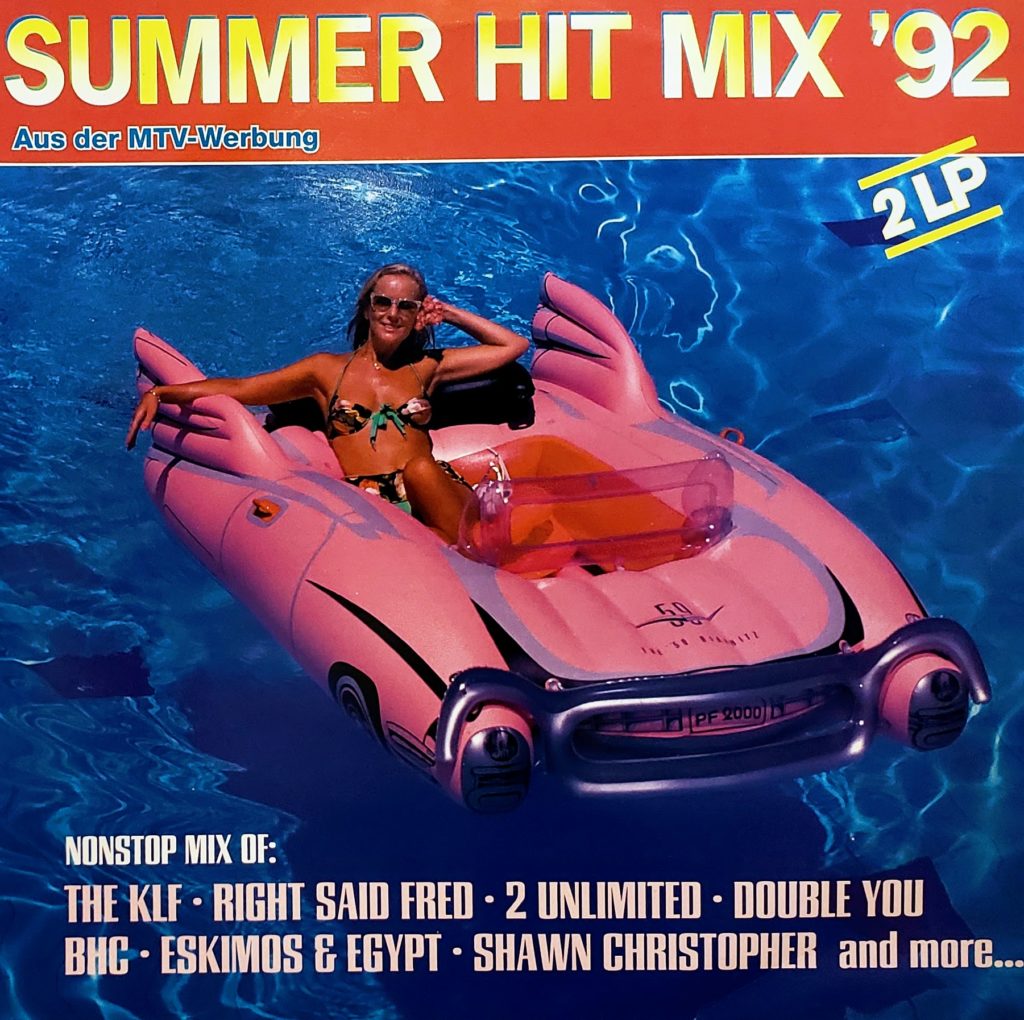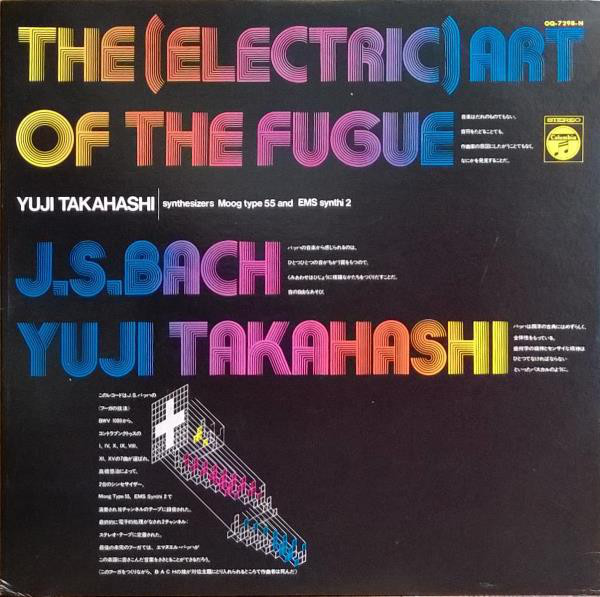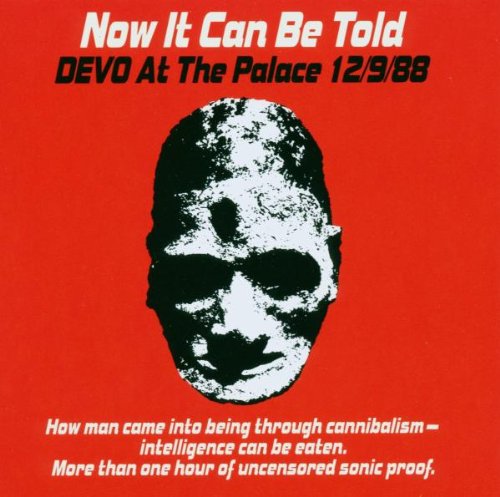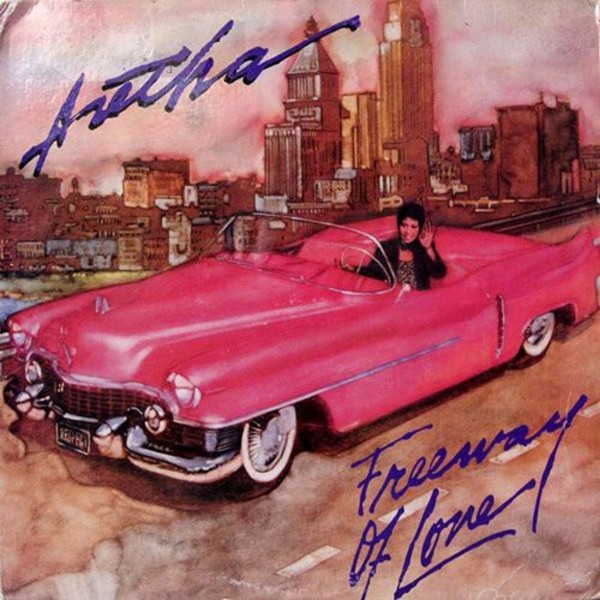
Aretha Franklin
Freeway Of Love (Rock Mix)
Freeway Of Love (Radio Mix)
Freeway Of Love (Extended Remix)
Like most anyone who grew up in the 80s, my first exposure to Aretha Franklin was in The Blues Brothers, quickly followed by this massive hit single from 1985. In the days after her death, I saw a few “best of” Aretha lists on various publications, but not many people mentioned this song. I assume they think it hasn’t aged well? I’m no Aretha expert, I own a single album of hers and a greatest hits. But this has always been one of my favorite songs of the era, it’s the type of fun, bouncy track that could’ve only been produced in the 80s.
It’s 80s synth funk-pop is the best. When you toss out that phrase most people (of course) think of Prince and Michael, but they were far from the only people in the 80s who successfully fused 70s disco and funk with 80s dance and synthpop. There’s Aretha here, and let’s not forget Tina Turner, who scored the biggest hits of her career when she melded her classic sound with uber-sleek 80s production. And what about The Pointer Sisters? Break Out, their synthesizer-fueled magnum opus, is one of the greatest dance albums of all-time, I stand by that.
This sound died quick once the 90s hit, and I feel like it only recently made even the slightest comeback. “Uptown Funk” tapped into it, but it was kind of a false start. Not much came in the wake of that, save for Bruno trying to replicate it with his solo work (which is alright I guess). I blame Trump. Yes. For real. We were on our way to a full-on dance-pop revolution and then that orange piece of rotten smegma got elected and pop music got horribly depressed (and hey…ditto). I guess most people don’t want to boogie when the world is on fire.
Well, I do! I need to boogie! I get that everything is shit and it feels like nothing is ever going to be good ever again. And in times like this, more emotional, downbeat music is of course going to be more popular. And protest or angry music is going to have a place too (I wish it had more of a place, to be honest). But let’s not forget to have fun, people! Pop music is so dour right now, hip-hop is emo as fuck, indie rock is tweeing itself to death, and mainstream rock is still stuck in a 2000s post-grunge slump that I think it’ll never get out of.
Fun music still has a place in today’s decidedly unfun world. You can fight the power, campaign for social justice, be aware of how shitty the world is and listen to fun music now and then. The 80s wasn’t all sunshine and lollipops y’know, but we still kicked it to dope jams like this.
Crank this tune. Listen to Aretha sing about men in tight pants. Take in that dope sax solo by Clarence Clemens, as well as the vocal harmonies of Sylvester and Jeanie Tracy, and remember that it’s okay to have fun once and a while, even if the music of today doesn’t always let you.

